Unlocking the Power of Content Marketing
In today’s digital age, content marketing has emerged as an essential strategy for businesses looking to thrive online. Unlike traditional advertising, which often interrupts the consumer experience, content marketing offers value through information, entertainment, and engagement. It’s not just about selling; it’s about creating connections and building trust with your audience. This is particularly crucial for small business owners and marketing professionals who need to establish a strong brand presence without the hefty advertising budgets of larger competitors.
This guide is crafted to help you navigate the vast world of content marketing. Whether you’re just starting out or looking to refine your existing strategy, you’ll find actionable tips and insights tailored to the unique needs of small businesses and marketing professionals. From understanding the basics to measuring your success, we’ll walk you through each step of creating an effective content marketing strategy. Let’s dive in and unlock the full potential of your content marketing efforts.
Understanding Content Marketing
What is Content Marketing?
Content marketing is a strategic approach focused on creating and distributing valuable, relevant, and consistent content to attract and retain a clearly defined audience — ultimately, to drive profitable customer action. It’s about informing, entertaining, and engaging people, with the goal of gaining their trust and establishing your brand as a leader in your field.
Key Components of Content Marketing:
- Value: The content you create should offer real value to your audience, answering their questions and solving their problems.
- Relevance: Your content must be relevant to the interests and needs of your target audience.
- Consistency: Regularly publishing quality content helps build your brand’s voice and maintain audience engagement.
The Role of Content Marketing:
Content marketing plays a pivotal role in:
- Building brand awareness: Quality content can increase your visibility and make your brand more recognizable.
- Establishing brand authority: By providing insightful and helpful information, you establish your brand as an industry leader.
- Enhancing engagement and conversions: Engaging content leads to higher interaction rates and can drive conversions as trust in your brand grows.
Content Marketing vs. Traditional Advertising:
Unlike traditional advertising, which is often perceived as intrusive, content marketing offers a softer, more engaging approach. It’s not about pushing products, but about providing value, which in return, makes your audience more inclined to do business with you.

Setting Up Your Content Marketing Strategy
Creating a successful content marketing strategy requires careful planning and a clear understanding of your objectives and audience. Here’s how you can set the stage for a compelling content marketing journey:
Identifying Your Target Audience: Before you create content, you need to know who you’re creating it for. Define your target audience by considering demographics, interests, and challenges. Creating buyer personas can be a helpful way to visualize your ideal customer and tailor your content to their needs.
Setting Content Marketing Goals: What do you want to achieve with your content? Whether it’s increasing brand awareness, driving more website traffic, or generating leads, your goals should be Specific, Measurable, Achievable, Relevant, and Time-bound (SMART).
Choosing the Right Channels: Not all content fits every channel. Based on your audience’s preferences, choose the right platforms to publish your content. Blogs, social media, and email newsletters are popular choices, but the best mix depends on where your audience spends their time.
Creating a Content Calendar: Organization is key. A content calendar helps you plan out what to publish and when. Include topics, formats, channels, and publishing dates. This ensures a consistent flow of content and helps you manage your marketing efforts efficiently.
Creating Compelling Content
The heart of content marketing is, of course, the content itself. Here’s how to ensure your content stands out:
Generating Content Ideas: Listen to your audience and stay informed about industry trends to generate ideas. Tools like social media listening platforms, customer feedback, and keyword research can provide insights into what your audience cares about.
The Power of Storytelling: Stories resonate with people. They can make your content more engaging and memorable. Share customer success stories, the history behind your brand, or how your products are made to connect with your audience on a deeper level.
Content Formats: Diversify your content to keep it interesting. Use blog posts for in-depth explanations, videos for demonstrations, infographics for quick facts, and podcasts for discussions. The right format can make your message more impactful.
SEO Best Practices: Optimize your content for search engines to improve visibility. Use relevant keywords, create compelling meta titles and descriptions, and build internal and external links. Remember, SEO is about being valuable to your audience, not just ticking off boxes for search engines.

Distributing and Promoting Your Content
Creating great content is just the beginning. Here’s how to get your content in front of the right people:
Content Distribution Channels: Decide where to publish your content based on where your audience is most active. This could include your website, social media channels, email newsletters, or even guest posting on other blogs.
Content Promotion Strategies: Simply publishing your content isn’t enough. Promote your content through social media ads, email marketing campaigns, influencer collaborations, or SEO. The goal is to extend your content’s reach and drive more traffic to your site.
Collaboration and Partnerships: Partner with other businesses or influencers in your industry to expand your content’s reach. This can introduce your brand to a wider audience and add credibility to your content.
Measuring Success and Optimizing Your Content Marketing Efforts
Even the best content marketing strategy needs regular evaluation and optimization to ensure it meets your business goals. Here’s how to measure success and refine your approach:
Key Metrics to Track: Understand which metrics align with your business objectives. These could include website traffic, engagement rates, lead generation, or conversion rates. Use tools like Google Analytics, social media insights, and email marketing software to track these metrics.
Analyzing Your Content’s Performance: Regularly review your content’s performance to understand what works and what doesn’t. Look for patterns in high-performing content and try to replicate those elements in future pieces. Conversely, identify low-performing content and consider how it can be improved or whether similar topics should be avoided.
Refining Your Strategy: Based on your analysis, make informed decisions to refine your content marketing strategy. This could involve adjusting your content calendar, experimenting with new content formats, or shifting focus to more effective distribution channels.
A/B Testing: Experiment with different headlines, calls to action, content formats, and distribution channels to see what yields the best results. A/B testing can provide valuable insights that help you optimize your content for better performance.
Collecting Feedback: Don’t forget to directly engage with your audience for feedback. Surveys, comments, and social media interactions can provide a wealth of information about your audience’s preferences and how your content is being received.

Building a Successful Content Marketing Journey
Content marketing is a powerful tool in the digital age, capable of establishing brand authority, engaging with your audience, and driving business results. By understanding your audience, creating compelling content, strategically distributing your messages, and continually optimizing your efforts, you can build a content marketing strategy that not only reaches but resonates with your target audience.
Remember, content marketing is not a one-time effort but a continuous journey. As you implement these strategies, keep learning from your experiences and evolving your approach. Your audience will grow and change, and so should your content marketing efforts.
We hope this guide has provided you with a clear roadmap to start or enhance your content marketing journey. We’re excited to see where your content will take you. If you have any questions, feel free to reach out. Let’s make your brand’s voice heard through the power of quality content!

